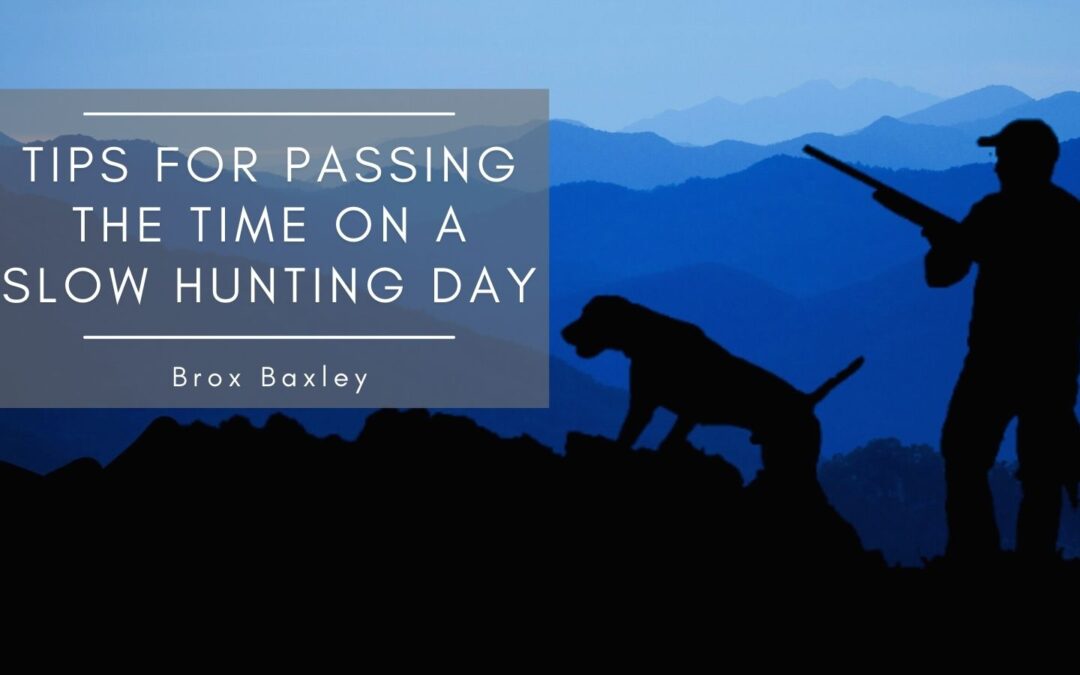Every hunter is familiar with the scene: you’re stationed in your hide or up in a tree stand, hours have passed, and the only visitors have been the occasional bird or squirrel. The stillness of the environment, which was initially calming, now seems endless and, dare we say, a tad boring. On slow hunting days, patience is both a virtue and a challenge.
Hunting, a time-honored tradition spanning generations, is as much about the experience as the outcome. Patience is ingrained in the DNA of every seasoned hunter. Ancient civilizations saw hunting as a rite of passage, where waiting quietly taught resilience, focus, and respect for nature. Despite advances in equipment, modern hunting still embodies this need for patience. But in our fast-paced world, where distractions are frequent, keeping oneself occupied during the lulls becomes paramount. Ensuring mental sharpness can determine whether one returns home with a trophy or simply tales of the one that got away.
Mental Exercises
One effective way to remain engaged is to indulge in mental exercises. These do not involve any physical movement but can keep the mind active:
- Visualization: Imagine the steps you’d take when the game finally appears. Picturing this can mentally prepare you for the actual event.
- Memory Games: Recall the events that brought you to the current spot or remember previous successful hunts in vivid detail.
- Mindful Breathing: Focus on your breathing pattern. It calms the mind and ensures you’re silent and less detectable.
- Counting Game: This could be as simple as counting the leaves on a nearby tree or the sounds you hear.
- Story Creation: Conjure up a story involving your surroundings. It can be based on reality or pure fiction. It’s a fun way to keep the mind entertained.
Observe Nature
Use the downtime to connect deeply with nature:
- Birdwatching: Birds are active creatures. Identifying different species or observing their behavior can be enthralling.
- Study Plants: Understanding the flora around you can enhance your hunting experience. Some plants might even indicate the presence of a game.
- Nature Journaling: Though this requires minimal movement, making mental notes or quick sketches of observed wildlife can be rewarding.
- Listen: Nature is a symphony. From rustling leaves to distant animal calls, attuning your ears can be therapeutic and informative.
- Photography: If you carry a silent camera, capturing candid shots of the wild can be a bonus to your hunting expedition.
Equip Yourself
Preparation can be the difference between monotony and productive patience:
- Reading: Bring along a compact, lightweight field guide or a novel. But remember, keep movements minimal.
- Portable Games: Something as simple as a pocket-sized puzzle or game can be a godsend.
- Snacking: Slow-release energy foods like nuts can be consumed quietly and energize you.
- Music/Podcasts: If you’re in a remote spot where noise won’t disturb the game, silent earphones with calming music or informative podcasts can be significant.
- Craft: Some hunters carry small carving tools to work on little projects during downtime, turning branches into artistic or valuable tools.
A slow hunting day might test your patience but also presents an opportunity. It’s a chance to immerse oneself in nature, cultivate mental sharpness, and find joy in the waiting. The essence of hunting transcends the mere act of capturing the game; it’s about the entire experience, the synergy with nature, and the introspection. By equipping yourself with mental exercises and physical tools, you can transform the stillness into a period of relaxation, observation, and personal growth.

